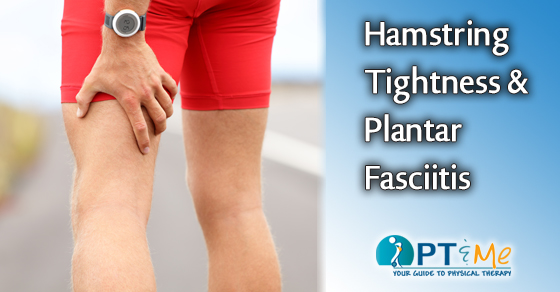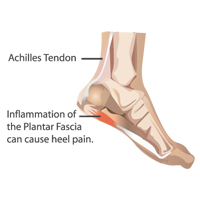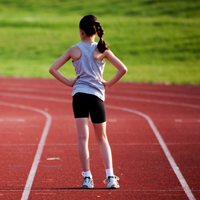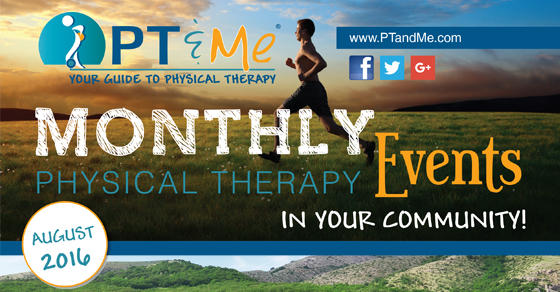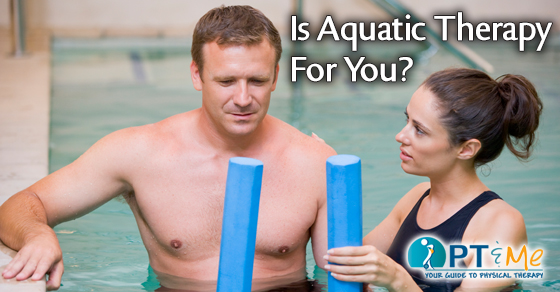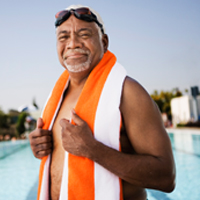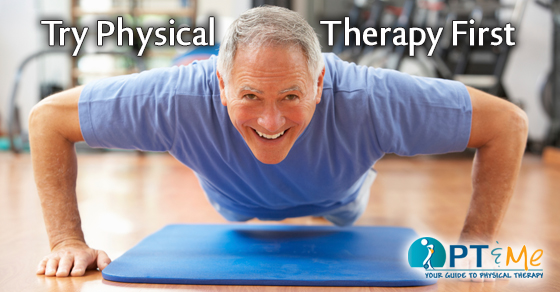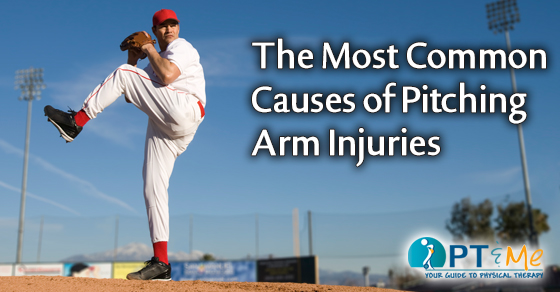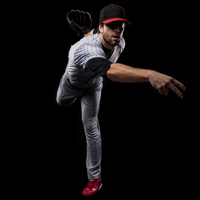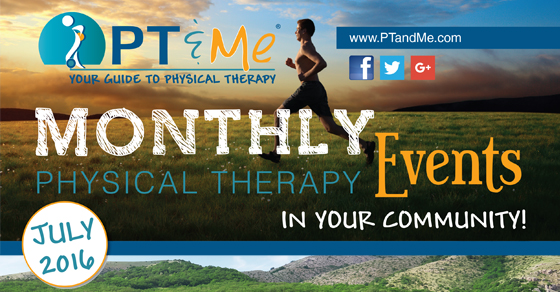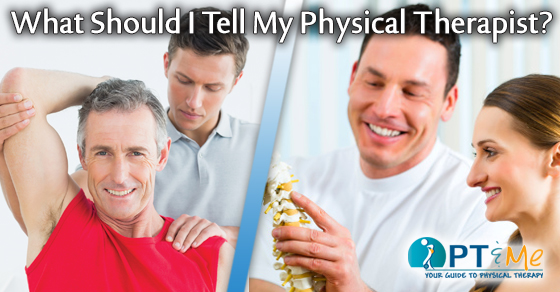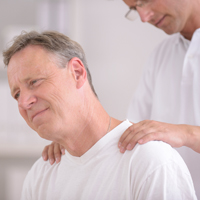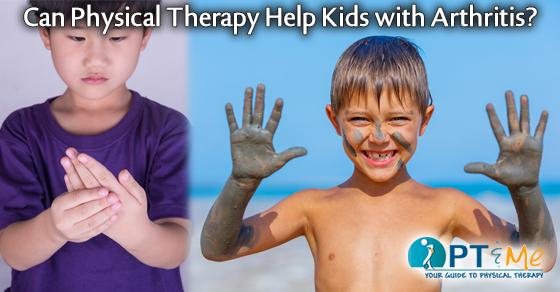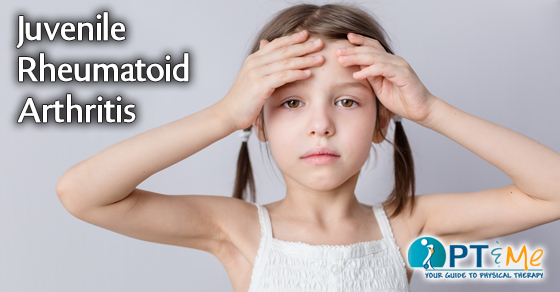
Definition
Juvenile rheumatoid arthritis (JRA), also known as juvenile idiopathic arthritis, is a disease of the joints in children. It can affect a child over a long period of time. JRA often starts before the child is 16 years old.
In Juvenile rheumatoid arthritis, the joint becomes swollen. It will make the joint painful and difficult to move. JRA can also lead to long term damage to the joint. For some, JRA can interfere with the child’s growth and development.
There are 5 major types of juvenile rheumatoid arthritis:
• Pauciarticular JRA—4 or less joints are affected in the first 6 months of illness
• Polyarticular JRA—5 or more joints are affected in the first 6 months of illness
• Enthesitis associated arthritis—swelling of the tendon at the bone
• Psoriatic arthritis—associated with a skin disease called psoriasis
• Systemic onset JRA (also called Stills disease)—affects the entire body, least common type of JRA
Causes
Juvenile rheumatoid arthritis is caused by a problem of the immune system. The normal job of the immune system is to find and destroy items that should not be in the body, like viruses. With JRA, the immune system attacks the healthy tissue in the joint. It is not clear why this happens. The immune system problems may be caused by genetics and/or factors in the environment.
People of Hispanic American, Asian American, Pacific Islander, Native American, or African American descent are at higher risk.
Having prediabetes means that you are at high risk for developing diabetes and may already be experiencing adverse effects of elevated blood sugar levels.
Risk Factors
Girls are more likely to get JRA than boys.
There are no clear risk factors for JRA. Factors that may be associated with some types of JRA include:
• Family history of:
• Anterior uveitis with eye pain
• Inflammatory back arthritis (ankylosing spondylitis)
• Inflammatory bowel disease
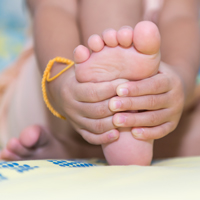
Symptoms
• Symptoms may include:
• Joint stiffness, especially in the morning or after periods of rest
• Pain, swelling, tenderness, or weakness in the joints
• Fever
• Weight loss
• Fatigue or irritability
• Swelling in the eye—especially associated with eye pain, redness, or sensitivity to light
• Swollen lymph nodes
• Growth problems, such as:
• Growth that is too fast or too slow in one joint (may cause one leg or arm to be longer than the other)
• Joints grow unevenly, off to one side
• Overall growth may be slowed
Some symptoms are specific to each type of juvenile rheumatoid arthritis . For example:
• Symptoms common with pauciarticular JRA include:
• Problems most often found in large joints. These joints include knees, ankles, wrists, and elbows.
• If the left-side joint is affected, then the right-side similar joint will not be affected. For example, if the right knee is affected, then the left knee will be healthy.
• May also have swelling and pain at on the tendons and ligaments attached to the bone
• Symptoms common with polyarticular JRA include:
• Problems found most often in small joints of the fingers and hands. May also affect weight-bearing joints like the knees, hips, ankles, and feet.
• Joints on both sides of the body are affected. For example, if the left hand is affected, then the right hand will also be affected.
• May also have a blood disorder called anemia. This is an abnormally low number of red blood cells.
• One type of polyarticular JRA may occur with:
• A low-grade fever
• Nodules—bumps on parts of body that receive a lot of pressure such as elbows
• Symptoms common with systemic onset JRA include:
• Some of the first signs may be a high fever, chills, and a rash on the thighs and chest. May appear on and off for weeks or months
• May have swelling in the heart, lungs, and surrounding tissues
• The lymph nodes, liver and/or spleen may become enlarged
• Children with enthesitis arthritis often have tenderness over the joint where the pelvis and spine meet.
• Children with psoriatic arthritis often have finger or toe swelling. There may also be damage on fingernails.
Often, there are remissions and flare-ups. Remission is a time when the symptoms improve or disappear. Flare-ups are times when symptoms become worse.
Diagnosis
You will be asked about your child’s symptoms. You will also be asked about your family medical history. A physical exam will be done. An eye examination may also be done to check for swelling in the eye. Your child may be referred to a specialist if JRA is suspected. The specialist is a doctor that focuses on diseases of the joints.
Images may be taken of your child’s bodily structures. This can be done with x-rays.
Your child’s bodily fluids may be tested. This can be done with:
• Blood tests
• Urine tests
• Tests of joint fluid
Treatment
Talk with your doctor about the best plan for your child. The plan will work to control swelling, relieve pain, and control joint damage. The goal is to keep a high level of physical and social function. This will help keep a good quality of life. Treatment options include the following:
Medication
There are several types of medication that may be used:
• Nonsteroidal anti-inflammatory drugs (NSAIDs)—to help swelling and pain
• Disease-modifying antirheumatic drugs (DMARDs)—to slow the progression of the disease
• Tumor necrosis factor (TNF) blockers—to decrease swelling, pain, and joint stiffness
• Interleukin inhibitors—to reduces disease activity
• Corticosteroids through IV or by mouth—for swelling
• Steroid injections into the joint—may help relieve swelling and pain in some children
Polyarticular JRA may become inactive in children who begin medications within 2 years of onset.
Physical Therapy
Exercise is done to strengthen muscles and to help manage pain. Strong nearby muscles will support the joint. It also helps to recover the range of motion of the joints. Normal daily activities are encouraged. Non-contact sports and recreational activities may be good options. Physical activities can also help boost a child’s confidence in their physical abilities.
Physical therapy may be needed. This will help to make the muscles strong and keep the joints moving well.
Maintenance Devices
Splints and other devices may be recommended. They may be worn to keep bone and joint growth normal. Some joints may get stuck in a bent position. These devices can help prevent this.
Prevention
There is no known way to prevent JRA.
by Jacquelyn Rudis
RESOURCES:
American College of Rheumatology
http://www.rheumatology.org
Arthritis Foundation
http://www.arthritis.org
CANADIAN RESOURCES:
The Arthritis Society
http://www.arthritis.ca
Health Canada
http://www.hc-sc.gc.ca
REFERENCES:
Hofer MF, Mouy R, et al. Juvenile idiopathic arthritides evaluated prospectively in a single center according to the Durban criteria. J Rheumatol. 2001. 28:1083.
Juvenile idiopathic arthritis (JIA) enthesitis related. EBSCO DynaMed website. Available at: http://www.ebscohost.com/dynamed. Updated September 16, 2015. Accessed December 21, 2015.
Juvenile idiopathic arthritis (JIA) oligoarticular. EBSCO DynaMed website. Available at: http://www.ebscohost.com/dynamed. Updated September 16, 2015. Accessed December 21, 2015.
Juvenile idiopathic arthritis (JIA) polyarticular. EBSCO DynaMed website. Available at: http://www.ebscohost.com/dynamed. Updated September 16, 2015. Accessed December 21, 2015.
Juvenile idiopathic arthritis (JIA) systemic-onset. EBSCO DynaMed website. Available at: http://www.ebscohost.com/dynamed. Updated September 16, 2015. Accessed December 21, 2015.
JAMA Patient Page. Juvenile idiopathic arthritis. JAMA. 2005;294:1722.
Petty RE, Southwood TR, et al. Revision of the proposed classification criteria for juvenile idiopathic arthritis: Durban, 1997. J Rheumatol.1998; 25:1991.
2/5/2013 DynaMed’s Systematic Literature Surveillance http://www.ebscohost.com/dynamed: De Benedetti F, Brunner HI, Ruperto N, et al. Randomized trial of tocilizumab in systemic juvenile idiopathic arthritis. N Eng J Med. 2012;367(25):2385-95.
2/24/2014 DynaMed’s Systematic Literature Surveillance http://www.ebscohost.com/dynamed: Limenis E, Grosbein HA, et al. The relationship between physical activity levels and pain in children with juvenile idiopathic arthritis. J Rheumatol. 2014 Feb;41(2):345-351.
9/2/2014 DynaMed’s Systematic Literature Surveillance http://www.ebscohost.com/dynamed: Guzman J, Oen K, et al. The outcomes of juvenile idiopathic arthritis in children managed with contemporary treatments: results from the ReACCh-Out cohort. Ann Rheum Dis. 2014 May 19.
Last reviewed December 2015 by Kari Kassir, MD Last Updated: 12/20/2014
EBSCO Information Services is fully accredited by URAC. URAC is an independent, nonprofit health care accrediting organization dedicated to promoting health care quality through accreditation, certification and commendation.

